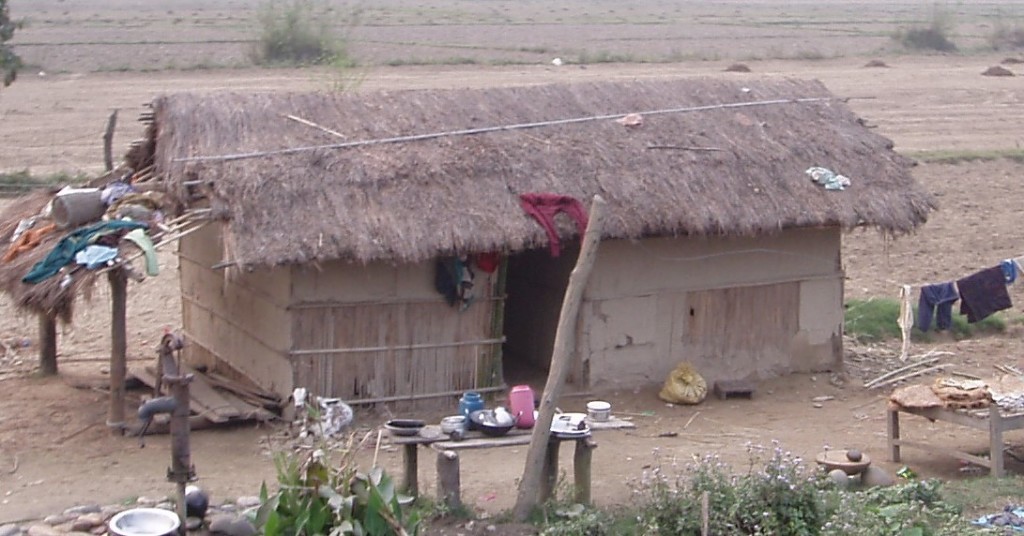Conversations.
It began something like this: my daughter (14), son (4) and I were sitting at the dinner table. Dinner was ‘mummy-special-salad’ and quickly cooked chicken skewers.
“I don’t want to eat this dinner!” came the defiant proclamation from across the table (accompanied by crossed arms and a perfected scowl).
I said something along the lines of “Oh well, that’s all there is,” and prepared myself to ignore the inevitable ramp up of complaints. But my daughter surprised me. She changed the direction of the conversation.
“At least you have food,” she said without condescension. “Some children in the world don’t have food on their plates.”
 And my son stopped whining. His expression changed completely and for a few seconds he sat entirely still considering this new piece of information.
And my son stopped whining. His expression changed completely and for a few seconds he sat entirely still considering this new piece of information.
You see, when my older two children were his age and younger, our family lived in Nepal. We regularly interacted with children less fortunate, children for whom a reliable evening meal was not a certainty. My big kids began their view of the world with an absorbed awareness of poverty. My youngest has been his whole life in Sydney, Australia, where although poverty can still be found, it is less conspicuous.
So he sat there quietly, food still untouched while my daughter and shared a couple of stories and wondered again at the gap between the rich and the poor in this world. A rich that by global comparisons included us. My son began eating, but his mind didn’t stop thinking. Houses smaller than our kitchen? A mum and dad sharing a room with a goat? A real goat? His world in that short conversation was opened. We didn’t speak of poverty as a depressing topic, just as a fact. A fact his four year old world had never considered until then.
Conversations with kids are so important. They are the start of something – a new understanding, a growing compassion, the ability to respond. The best conversations come naturally and are driven by the child’s interest, curiosity and level of maturity.
I wonder what age you were when someone started talking about poverty with you? How did you respond then? And how do you respond today?

Great post, Penny. Being grateful for what we have can impel us to help those who have not. Awareness of the issue is the first step. You are helping your son see the bigger world as it is, rather than shielding him from it.
Thanks for your comments, Jane. You are right about awareness being a first step.
Love this post, Penny. One other benefit of conversations with children is that those children grow up knowing how to talk to and discuss issues with others, so the goodness continues. And the reverse also is true.
Yes, that’s a good point about the conversation continuing!
Love the post, Penny! When my oldest son was around 5 he was watching TV and a commercial came on to send money to help hungry children. He wrote down the phone number and said, “Here, Mom, call this number! We have to help these kids!” Since we were not familiar with the ministry, we decided instead to support a child through World Vision. Every month they would send us a picture and we would put it on the fridge to remind us of needy children. We did this as a family because of his response to the ad. My son is now a father of 3 and still has a passion to help the needy.
Excellent story, Crystal. Thanks for sharing such an encouraging story of the impact of these types of conversations. I think the more we engage with children on these issues as their natural curiosity and sense of justice/compassion is evoked, the more we show them the reality of responding. This then carries over into adult life and they KNOW they can do something, even if it’s something small, because they have always been empowered to do so.
What a lovely post, Penny. Conversing with our children is so important, especially if we want them to make a difference in the world.
Thanks Cheryl. It is certainly an area of passion in my parenting and ministry!